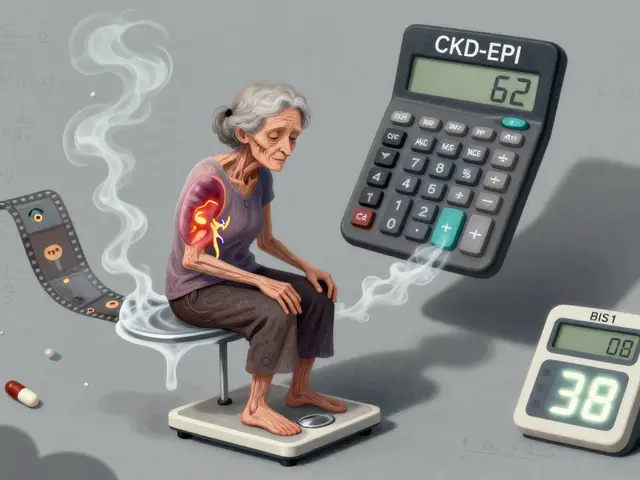Patient care made simple: safer meds, fewer surprises
Medication mistakes and gaps in communication cause a lot of avoidable problems. This page gives clear, usable steps you can start using today to keep medications safe, avoid scams when buying drugs online, manage side effects, and talk to your care team without stress.
First, keep one up-to-date medication list. Write down every prescription, over‑the‑counter drug, and supplement with doses and times. Keep a copy on your phone and another on paper in your wallet. When you see a new doctor, hand them the list—it cuts mistakes and speeds up good decisions.
Make prescriptions easier to follow. Use a pillbox or blister packs, and set phone alarms tied to daily routines (meals, brushing teeth). If you’re juggling many meds, ask your pharmacist about synchronized refills or once‑daily alternatives—small changes can stop missed doses and reduce side effects.
Buying meds online? Only use licensed pharmacies and require a prescription. Look for clear contact details, a physical address, and a pharmacist you can call. Avoid sites that sell controlled drugs without a script or offer prices that seem unreal. Track shipments and check packaging before taking anything.
Watch for interactions and side effects. Learn the most common reactions for your medicines and keep a short symptom diary for two weeks after any change. Don’t ignore nausea, new rashes, sudden dizziness, or breathing trouble—those need quick attention. If you suspect an interaction, stop the new OTC or supplement and call your provider.
Quick checklist for daily patient care
One current med list in your phone and wallet.
Set alarms and use a pillbox.
Ask about simpler dosing or alternative drugs if side effects bother you.
Only buy from licensed online pharmacies and keep receipts.
Tell every provider about herbal supplements and OTCs.
When to call your doctor or get urgent help
Call your doctor for any sudden change: severe stomach pain, fainting, trouble breathing, high fever, or swelling of face and throat. If you have chest pain, sudden weakness, trouble speaking, or severe allergic signs—go to the ER now. For non-urgent worries (mild rash, mild dizziness), message your clinic with a photo and short timeline—this speeds advice without wasting appointments.
Finally, be your own advocate. Ask “Why this drug?” and “What should I watch for?” when a prescription is written. Pharmacy and clinic staff expect questions and can help you avoid mistakes. Small steps—one list, one alarm, one clear question—make patient care way safer and less stressful.
How Home Health Care Assists in Managing Heart Failure
Heart failure is a chronic condition that affects millions worldwide. Home health care plays a crucial role in managing this condition by providing personalized care, medication management, and monitoring. This article explores the benefits and strategies of home health care in helping patients live fuller, healthier lives despite their diagnosis.






